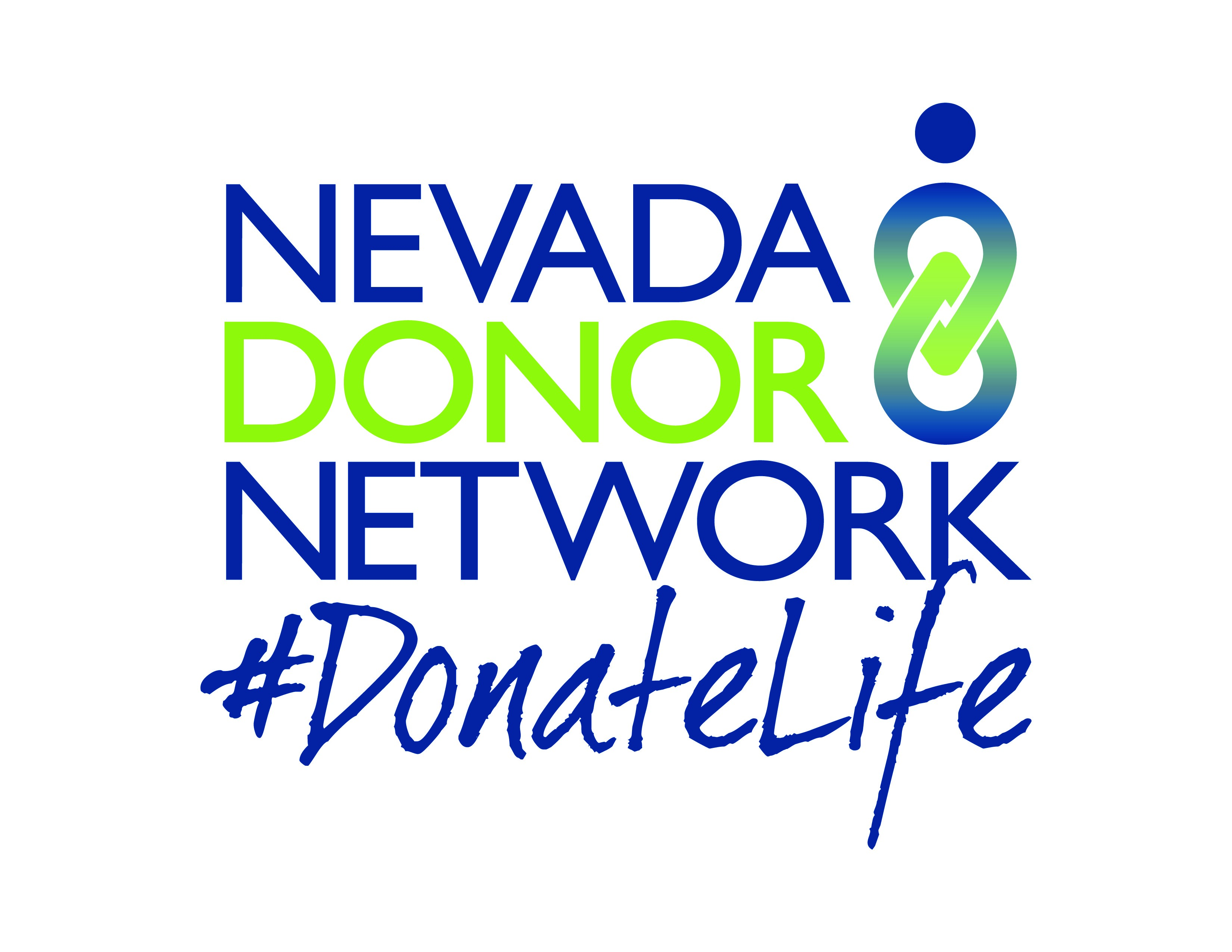Subscribe to Informational emails
A dedicated email listserv has been set up to provide interested individuals (staff, patients, families, advocates, the general public) access to information about hospitals from the Nevada Department of Health and Human Services. This information includes guidance on regulations, medical or epidemiological issues, patient/resident care, infection control, state and federal inspection requirements and more. While information can be technical in nature, every effort is made to make it understandable to anyone. Use the links below to subscribe or unsubscribe.
- Click here to send an email for the Hospitals listserv.
- Include only "subscribe HOSPITALS" in the body of the e-mail, or
- Include only "unsubscribe HOSPITALS" in the body of the e-mail.
State Laws and Regulations
Nevada Revised Statutes
Nevada Administrative Code
Licensing and Applications
To apply for a license to operate a hospital, you must complete the following:
- Apply for a New License
- Licensing checklist for Hospitals
- Construction and Plan Review
- An application to permit the kitchen
- Health Laboratories and Personnel - An application to license the laboratory
- An application to license the pharmacy
- An application to permit the X-ray equipment
- Renewal forms
Certification Applications
To apply for CMS certification as a hospital, you must provide the following:
Infection prevention and control
The Bureau of Health Care Quality and Compliance (HCQC) infection prevention and control team is available for consultations and risk assessment; onsite technical support; outbreak support; and questions about infection prevention and control issues. The team has also complied general resources and facility type-specific resources. Regarding any of the services, send an email to hcqcipcteam@health.nv.gov.
Information for victims of sexual assault or attempted sexual assault
Nevada law requires hospitals and independent centers for emergency care to provide survivors of sexual assault or attempted sexual assault with the following:
- Information about emergency contraception and prophylactic antibiotics, including possible side-effects and the location of facilities or pharmacies where those medications are available;
- Contact information for law enforcement agencies in Nevada;
- Other pertinent services including counseling, a list of clinics and other facilities that specialize in serving victims of sexual assault; and
- A list of locations that provide testing for sexually transmitted diseases.
- Click here to access the document with the above information for victims of sexual assault or attempted sexual assault.
Denial of Rights Reporting
Community Triage Centers and hospitals are required to report to the Commission on Behavioral Health when the rights of a consumer are denied pursuant to Nevada Revised Statutes 433.534. Details about this reporting requirement are spelled out on the FAQ link below; facilities can use the Seclusion and Restraint form for reporting.
Hospital Staffing Plan Star Ratings
Remote Emergency Rooms and National Provider Idenfitier Numbers
Below is a list of Nevada hospitals with an off-campus remote emergency room location and the national provider identifier (NPI) number for each, as required by NRS 449.1818.
Hospital and Physician Group Ownership
A new Nevada law (Senate Bill 329, passed in 2021) requires hospitals and physician groups to report certain business arrangements to the Department of Health and Human Services effective Oct. 1, 2021. The form linked below is provided for hospitals and physician groups to comply with this requirement. Additional information about the requirement is provided on the first page of the form.
Birth Tissue Enhances and Heals Lives
Continue Reading to Learn How to Donate Birth Tissue
Expectant mothers can choose to donate birth tissue following the delivery of their healthy newborn(s) in a Nevada-licensed freestanding birthing center or hospital. Birth tissue, which includes amniotic membrane and fluid; placenta; umbilical cord tissue and umbilical veins; chorionic membrane; cord blood and connective tissue contained in the umbilical cord called “Wharton’s Jelly”; or any other tissue derived from a live birth provides nutrients and protection to support fetal development in the womb and is normally discarded after birth. These birth tissues, made up of proteins, growth factors, cytokines, and extracellular matrix molecules have been found to stimulate cell regeneration, reduce inflammation, and expedite recovery times when used in regenerative therapy as tissue grafts. Donated birth tissues have been used for many years in various medical procedures and therapies, including (but not limited to) wound healing, ophthalmic procedures, skin grafting, spinal surgeries, and sports injuries. Birth tissue donation is safe for mothers and babies, and there is no cost to the mother for giving this gift of healing. The donation and utilization of birth tissue is regulated by the U.S. Food and Drug Administration (FDA) and standards for the donation of birth tissue are provided by the American Association of Tissue Banks (AATB).
Below is a list of entities accredited by the American Association of Tissue Banks (AATB) for the acquisition or collection of birth tissue that you may contact to obtain further information on how to donate your birth tissue:
More information on the FDA regulations for Human Cells, Tissues, and Cellular and Tissue-Based Products (HCT/Ps) can be found at this link.
More information on the AATB Standards for Tissue Banking can be found at this link.
More information on donated birth tissue can be found at this link.
This information is being provided as a result of the passage of Assembly Bill 154 of the 2023 Nevada Legislative Session.

